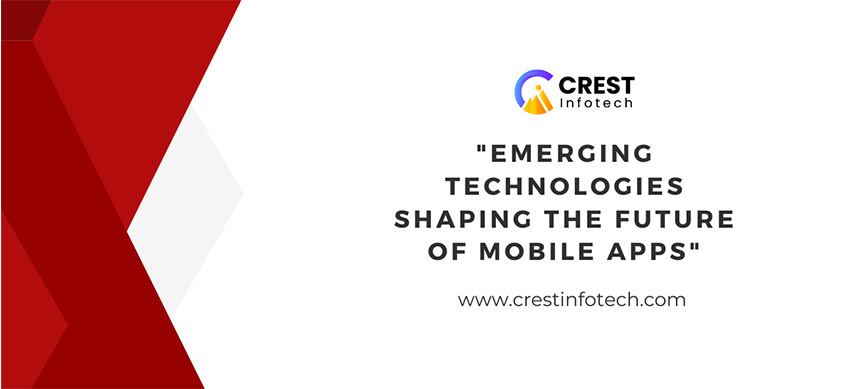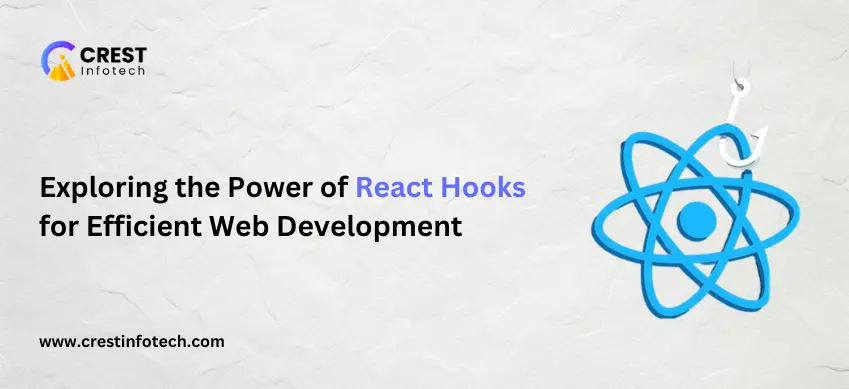The landscape of mobile app development is constantly evolving, driven by rapid advancements in technology and shifting user expectations. Emerging technologies are playing a pivotal role in shaping the future of mobile apps, offering innovative solutions that enhance functionality, user experience, and connectivity. This article explores several key emerging technologies poised to transform the mobile app industry, paving the way for new opportunities and enhanced capabilities.
1. Artificial Intelligence (AI) and Machine Learning
Artificial Intelligence and Machine Learning are revolutionizing mobile apps by enabling:
- Personalized User Experiences: AI-powered algorithms analyze user behavior and preferences to deliver personalized content, recommendations, and user interfaces.
- Natural Language Processing (NLP): Voice assistants and chatbots leverage NLP to understand and respond to user queries naturally, improving user engagement and interaction.
- Predictive Analytics: Machine learning algorithms predict user actions and trends, helping apps anticipate user needs and deliver proactive solutions.
2. Augmented Reality (AR) and Virtual Reality (VR)
AR and VR technologies are transforming mobile apps by:
- Enhanced User Engagement: AR enhances real-world experiences by overlaying digital information, such as navigation prompts or product information, onto the user’s surroundings.
- Immersive Experiences: VR provides immersive simulations and virtual environments for gaming, training, education, and virtual tours, enhancing user engagement and interaction.
- AR Commerce: AR enables virtual try-ons for products, allowing users to visualize furniture, clothing, or cosmetics in their real environment before making a purchase.
3. Internet of Things (IoT)
IoT integration in mobile apps is creating interconnected experiences by:
- Smart Home Integration: Apps control IoT devices, such as thermostats, lights, and security systems, offering remote management and automation.
- Healthcare and Wearables: Mobile apps sync with IoT-enabled wearables to track health metrics, monitor fitness goals, and provide personalized health insights.
- Industrial IoT (IIoT): Apps in industrial settings leverage IoT for real-time monitoring of equipment, predictive maintenance, and operational efficiency.
4. 5G Technology
The rollout of 5G networks is revolutionizing mobile app capabilities by:
- Enhanced Speed and Bandwidth: 5G enables faster data transmission speeds and lower latency, supporting real-time applications like augmented reality, live streaming, and multiplayer gaming.
- IoT Expansion: 5G’s reliability and capacity facilitate widespread adoption of IoT devices and applications, enabling seamless connectivity and data exchange.
- Edge Computing: 5G networks support edge computing, processing data closer to the user or device, reducing latency and enhancing app performance.
5. Blockchain Technology
Blockchain is reshaping mobile apps with:
- Enhanced Security: Decentralized and immutable blockchain ledgers ensure secure data storage and transactions, benefiting apps handling sensitive data, such as finance and healthcare.
- Smart Contracts: Apps leverage smart contracts for automated, secure, and transparent transactions, enhancing efficiency and reducing intermediaries.
- Supply Chain Management: Blockchain enables traceability and transparency in supply chains through decentralized ledgers, benefiting logistics and retail apps.
6. Progressive Web Apps (PWAs)
PWAs combine the benefits of web and native apps by:
- Cross-Platform Compatibility: PWAs work across devices and platforms, delivering a consistent user experience without requiring installation from an app store.
- Offline Functionality: PWAs cache content and data, enabling offline access and improved performance in low-connectivity environments.
- Fast Loading and Responsiveness: PWAs load quickly and respond faster to user interactions, enhancing user engagement and retention.
Conclusion
Emerging technologies are reshaping the future of mobile apps, offering innovative solutions that enhance functionality, user experience, and connectivity across industries. By leveraging AI and machine learning for personalized experiences, embracing AR and VR for immersive interactions, integrating IoT for interconnected ecosystems, harnessing the power of 5G for enhanced speed and connectivity, exploring blockchain for secure transactions, and adopting PWAs for cross-platform usability, mobile app developers can create transformative applications that meet evolving user demands and market trends.
As these technologies continue to evolve, mobile app developers must stay informed, embrace innovation, and leverage these advancements to drive digital transformation, deliver competitive advantages, and shape the future of mobile app experiences.
This article explores the transformative impact of emerging technologies on mobile app development, highlighting their potential to enhance functionality, user experience, and connectivity across various industries. Adjust content based on specific technological advancements, industry applications, and market trends relevant to your development goals and strategies.



